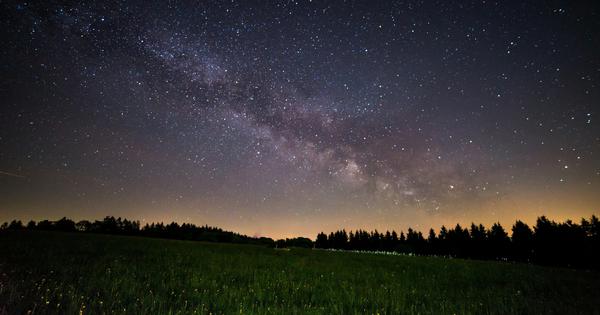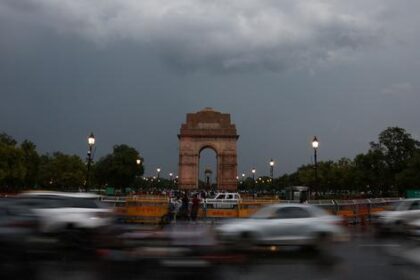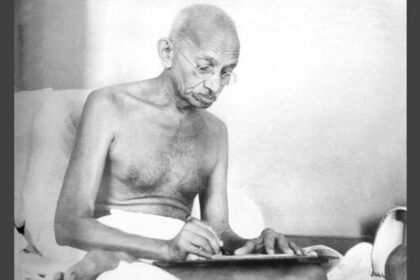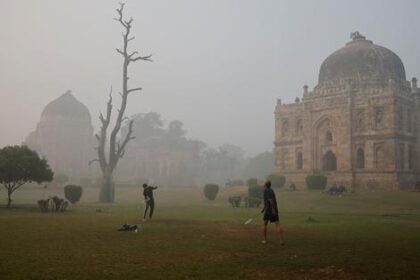A new collection explores themes of nature, loss, and the voices of the overlooked in society.
The poem “The tiger isn’t burning bright” reflects on the alarming decline of the tiger population, highlighting the tragic impact of poaching. The imagery evokes the stark reality of a world where the majestic tiger, once a symbol of strength, is now diminished. As the poem describes, the once vibrant tiger family is thinning, with lines capturing the essence of loss and despair. With verses like ‘The father Sheru’s missing now,’ it brings forth the brutal consequences of human greed, illustrating how poachers reduce these magnificent creatures to mere commodities.
The reference to Sheru being shot and skinned, with his bones ground to powder for dubious medicinal practices, serves as a poignant reminder of the moral conflict in nature conservation. The poem conveys the notion that those who partake in such actions have a fundamentally sickened soul, unable to comprehend the value of life they extinguish. The stark contrast between the past—where jungles trembled at the tiger’s roar—and the present, where a gecko hunts insects, underscores the catastrophic shift in the ecosystem.
Moreover, the poem transitions from the tiger’s plight to a traveler knocking on a moonlit door, echoing a deep sense of loneliness and yearning for connection. The traveler, waiting in silence, symbolizes the quest for understanding and answers in an increasingly disconnected world. This juxtaposition creates a haunting atmosphere, illustrating how even amidst the beauty of nature, there lies a void, as shown by the absence of any response from the phantom listeners within the house.
The reflections on the traveler’s experience resonate with those who feel marginalized in society. The voice of the narrator speaks for those who are often overlooked—children with orange lunch boxes, who play supporting roles in school plays, and who chase after buses with unfinished breakfasts. This perspective sheds light on the shared experiences of youth, capturing their aspirations and dreams while navigating an environment that often overlooks their contributions.
Another childhood sentiment emerges in the poem “Twinkle, twinkle, little star,” which marvels at the wonder of the night sky. The star serves as a beacon of hope and guidance for travelers lost in darkness, emphasizing the importance of small sparks of light in a vast world. The poem intertwines innocence with a poignant recognition of how these tiny lights can profoundly impact those seeking direction.
As the narrative progresses, it paints a picture of a landscape transformed by time, where once there was a road through the woods. The imagery of nature reclaiming what was once a thoroughfare speaks to the passage of time and the cycles of life, inviting readers to reflect on what has been lost and what remains. It suggests that while physical roads may fade, the essence of connection and exploration persists in the heart.
Through these verses, the collection “I Stole A Little Lovely Dream” offers a rich tapestry of emotions, exploring the intricacies of life, loss, and the enduring spirit of hope, resonating with readers of all ages.








